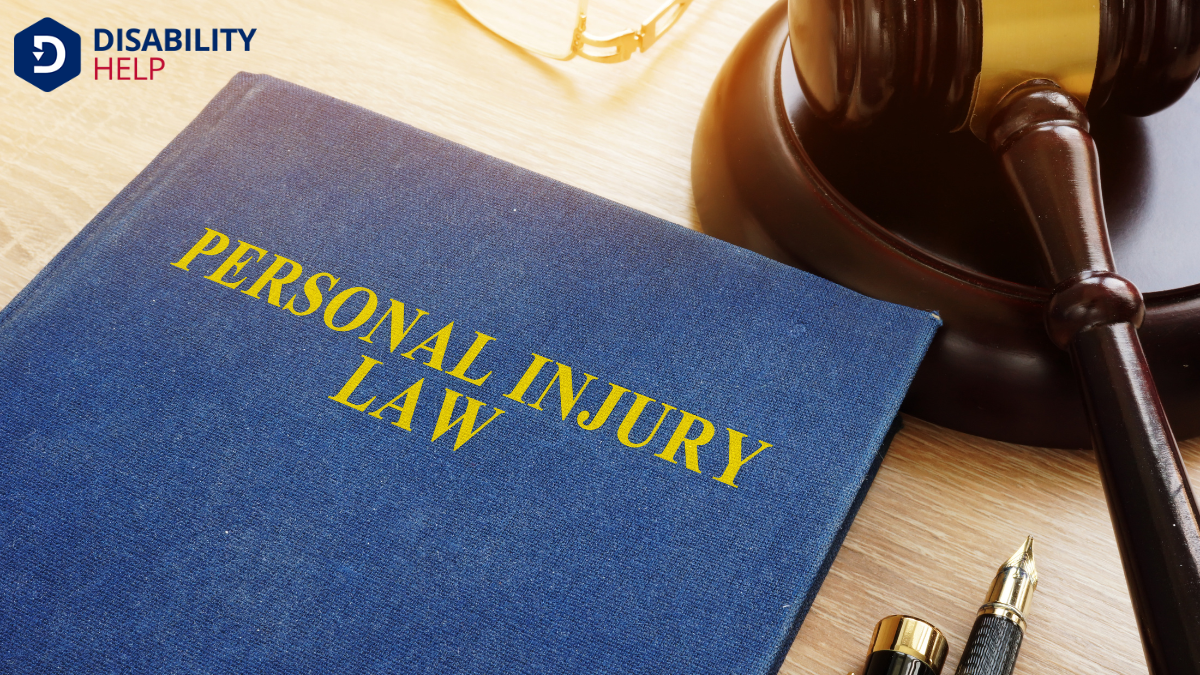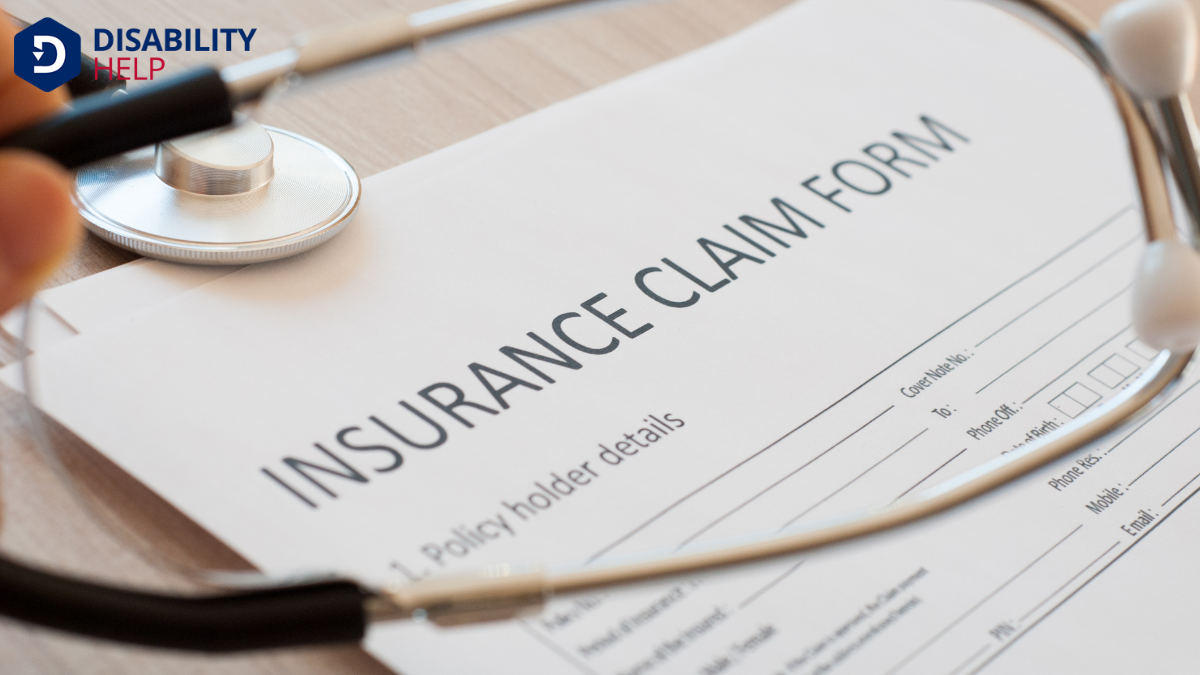When we discuss bodily injury and personal injury, it's vital to recognize the distinction between the two. Bodily injury refers specifically to physical harm, like cuts or fractures, impacting the body directly. Personal injury, however, covers a broader spectrum, including emotional distress and reputational harm. Understanding these differences is essential, especially when steering through legal and insurance matters. So, how do these concepts affect coverage and claims? Let's explore further.
Key Takeaways
- Bodily injury focuses on physical harm, such as cuts or broken bones, whereas personal injury includes broader damages like emotional distress.
- Personal injury covers both tangible and intangible harms, while the bodily injury is strictly about the physical impact on the body.
- Bodily injury is often referenced in insurance claims for accidents, while personal injury encompasses legal claims for various damages.
- Personal injury can involve mental anguish and lifestyle changes, unlike bodily injury, which is limited to physical effects.
- Legal and insurance contexts use bodily injury for specific physical damages, while personal injury addresses overall harm and compensation.
Defining Bodily Injury
When we talk about "bodily injury," we're referring to any physical harm inflicted on a person's body. This term is often used in legal and insurance contexts to describe injuries sustained from incidents like car accidents or workplace mishaps.
We might include cuts, bruises, broken bones, or more severe injuries. Understanding bodily injury helps us deal with situations where someone’s physical well-being has been compromised.
In our discussions, it's essential to recognize that bodily injury is distinct from other types of harm. It specifically focuses on the physical aspect, emphasizing the tangible impact on the body.
Understanding Personal Injury

Personal injury extends beyond just physical harm, encompassing a broad spectrum of damages one might suffer due to another's negligenceA legal concept where a party fails to exercise reasonable care, resulting in harm to another person... or intentional acts. It includes emotional distress, reputational damage, and financial loss, among other impacts.
When we think about personal injury, we should consider how an incident affects a person's overall life. For example, being involved in an accident can lead to mental anguish, lost wages, and changes to daily routines.
Our understanding of personal injury isn’t limited to visible wounds. Emotional and psychological effects are just as significant.
If we've experienced such harm, it's essential to recognize it and seek appropriate remedies. Legal avenues exist to guarantee we receive fair compensation for all the ways an incident disrupts our lives.
Insurance Implications of Bodily Injury
While bodily injury typically refers to physical harm caused by an accident, understanding its insurance implications is important for managing claims effectively.
We should know that bodily injury liability coverage is a significant part of auto insurance policies. It helps cover costs when we're at fault in an accident causing injury to others. This includes medical expenses, lost wages, and even legal fees if we're sued.
The limits of our coverage dictate how much the insurer will pay, so reviewing these limits guarantees adequate protection.
It's essential to regularly assess our coverage and adjust it as needed. Knowing how bodily injury insurance works helps us navigate claims, making sure we meet legal requirements and protect our financial interests in case of accidents.
Legal Considerations for Personal Injury
Understanding the legal considerations for personal injury claims is essential since they often involve complex legal processes.
We need to recognize that personal injury lawThe area of law that deals with compensating individuals who have been injured, including those with... aims to provide compensation for harm caused by someone else’s negligence or intentional actions. It's imperative that we gather and preserve evidence, such as medical records and witness statements, to support our claims. Knowing the statute of limitations in our state is another key factor; it determines how long we've to file a lawsuit.
Additionally, understanding the concept of liability is critical. We must establish who's legally responsible for the injury.
Consulting with an experienced personal injury attorney can help us navigate these complexities. They’ll guarantee we’re prepared to pursue fair compensation for our injuries, helping us move forward confidently.
Navigating Coverage and Claims

Having grasped the legal aspects of personal injury claims, let's now focus on managing insurance coverage and the claims process.
First, we should review our insurance policies to guarantee we comprehend the extent of our coverage. Knowing what’s covered and the limits can help us avoid surprises.
When an accident occurs, it's essential to document everything—photos, witness statements, and medical reports. This information is critical when filing a claim.
Contacting our insurance company promptly is another key step. They'll guide us through the claims process, clarifying what’s needed and how long it might take.
We should also be prepared to negotiate settlements if necessary. Ultimately, staying organized and informed will help us navigate the complexities of insurance claims effectively.
Conclusion
In summary, understanding the differences between bodily and personal injury helps us navigate the complexities of legal and insurance matters. Bodily injury refers to physical harm, while personal injury covers a broader range of impacts on one's life. Knowing these distinctions aids in making informed decisions about coverage and claims. Let's make certain we're well-prepared to handle any challenges that may arise, protecting both our physical well-being and overall quality of life.






